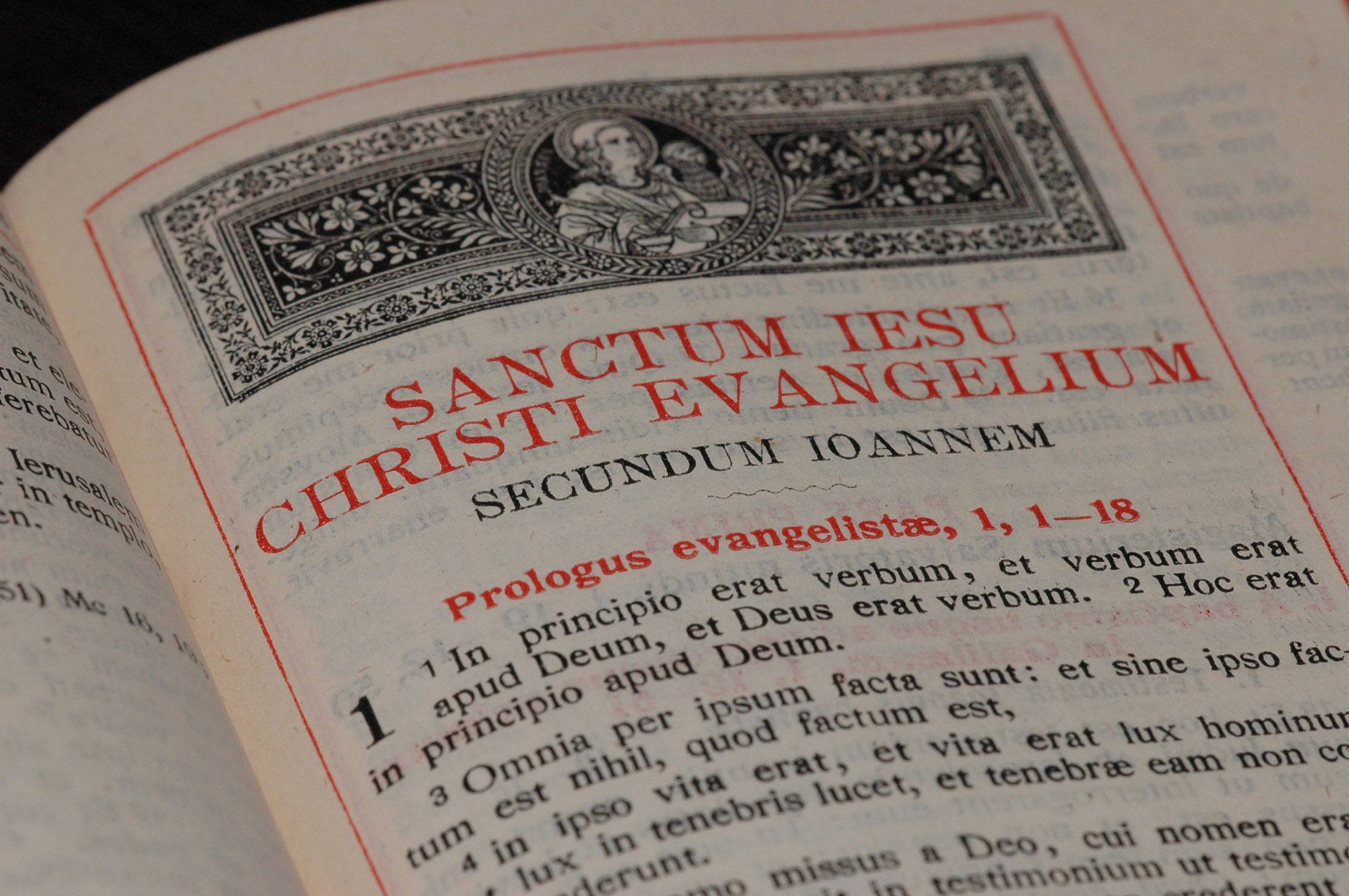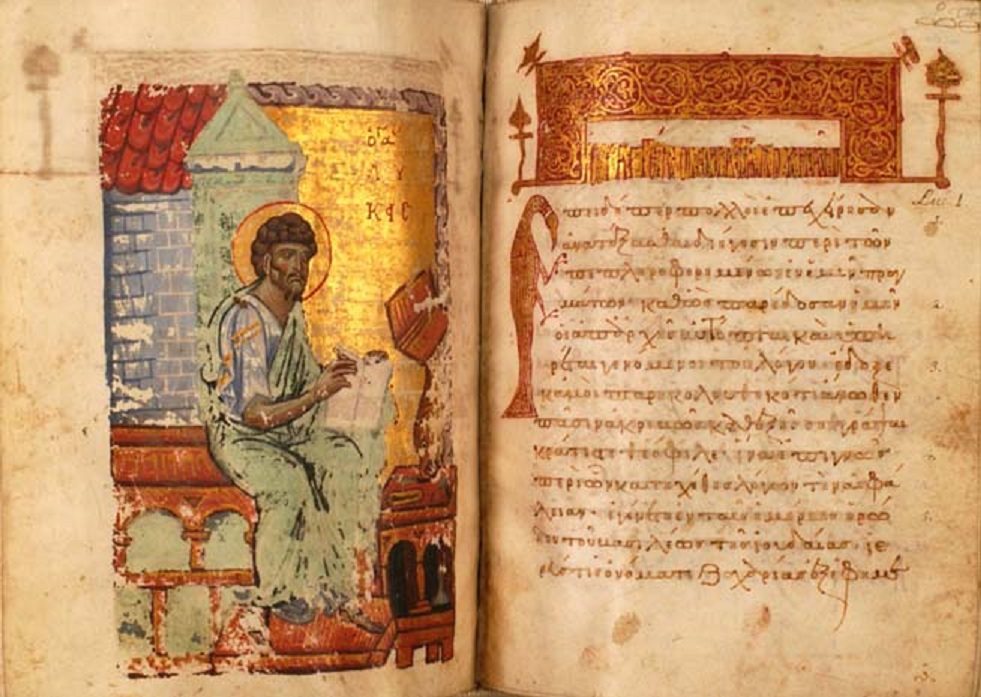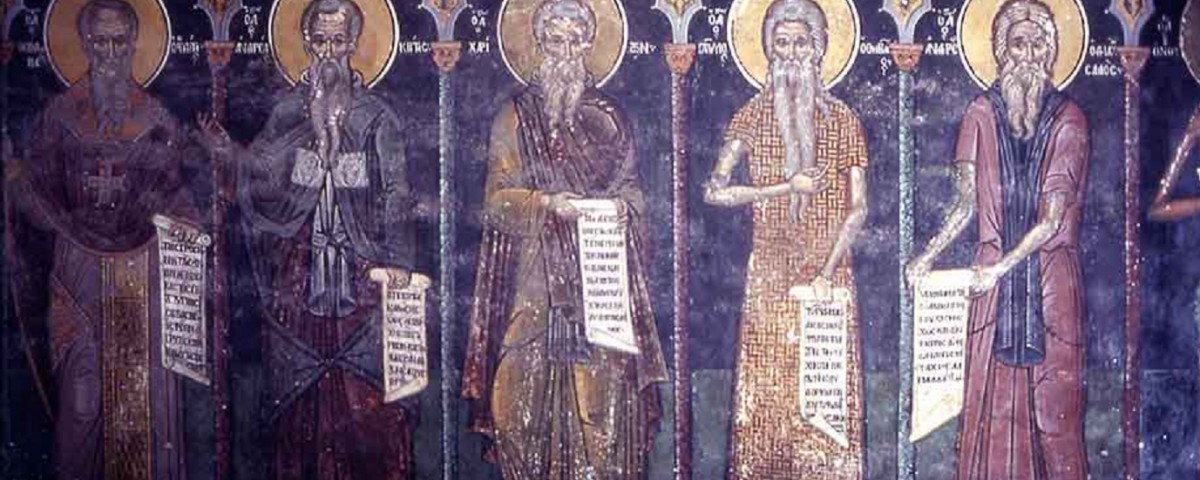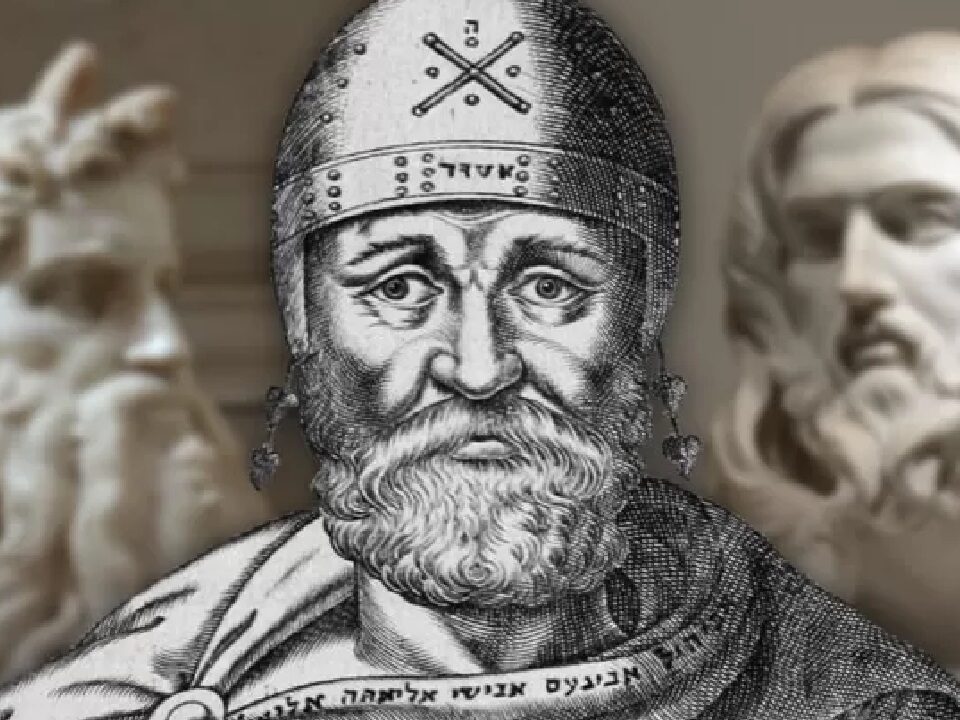
“And what God was the word was”
January 7, 2016
The Case for the Human Jesus in Luke
January 7, 2016What Did the Early Church Fathers See in John?

The often quoted prologue to the Gospel of John (a passage that has baffled many for centuries) was used very early on by Church Fathers to support what would later become (some 400 years after Christ) mainstream orthodox, Trinitarian doctrine. For example, according to Irenaeus, the exegetical key to John 1.1 is understood in light of Genesis 1.1:
“Now that there was a Son of God, and that He existed not only before He appeared in the world, but also before the world was made, Moses, who was the first that prophesied, says in Hebrew: Baresith bara Elowin basan benuam samenthares. And this, translated into our language, is: “The Son in the beginning: God established then the heaven and the earth.”…Wherefore also His disciple John, in teaching us who is the Son of God, who was with the Father before the world was made, and that all the things that were made were made by Him, says thus: In the beginning was the Word, and the Word was with God, and the Word was God, The same was in the beginning with God. All things were made by Him, and without Him was not anything made: showing with certainty that the Word, who was in the beginning with the Father, and by whom all things were made, this is His Son.” On the Apostolic Preaching, 43
Irenaeus mistranslates Genesis 1.1 from a corrupt Hebrew text (Baresith bara Elowin basan benuam samenthares) and goes on to use Genesis 19.24; Psalm 44.7-8 (LXX 45.6-7); 109.1,3 (LXX 110.1,3); Proverbs 8.22; Isaiah 7.14; and 9.6 to prove that Jesus is LORD (Adonai/YHWH) and God and that he created the world:
“So then the Father is Lord and the Son is Lord, and the Father is God and the Son is God; for that which is begotten of God is God. And so in the substance and power of His being there is shown forth one God; but there is also according to the economy of our redemption both Son and Father…For the Son, as being God, receives from the Father, that is, from God, the throne of the everlasting kingdom, and the oil of anointing above His fellows.”On the Apostolic Preaching, 47
This is similar to Justin Martyr’s argumentation in his Dialogue with Trypho where he uses Psalm 44.7-8 (LXX) as a proof text for showing that Jesus is “God” (see Gunther Reim, “Jesus as God in the Fourth Gospel: The Old Testament Background,” New Testament Studies 30, 1984, 58-60). John Calvin, amongst other stalwarts of the (half-hearted) Reformation, points out that the Church Fathers had made a wrong use of many Johannine verses in their attempt to support their views.
Yet the Roman Catholic theologian Karl Rahner further uncovers the contradictory nature and switching back and forth of ideas by the early Fathers pertaining to John’s prologue. He concedes that in post-biblical times Justin Martyr, Irenaeus and Tertullian speak of the Father as God par excellence! This shows how the Church of the 2nd century, although at times mistakenly extending the Son’s life into prehistory, was far from establishing his Deity:
“There was a time when neither sin existed with [God], nor the Son.” Tertullian, Against Hermogenes, 3
“We may outline our results as follows. Nowhere in the New Testament is there to be found a text with ho theos [the God or God] which has unquestionably to be referred to the Trinitarian God as a whole existing in three Persons (God as Trinity)…In addition, ho theos is never used in the New Testament to speak of the holy spirit…Thus, for example, the whole Old Testament saving history is ascribed to the God who send Jesus, thus to the Father (Acts 3.12-26; cf. Heb 1.1). In Acts 4.24, Eph 3.9 and Heb 1.2, the God who created all things is clearly characterized as the Father in virtue of his distinction from the “Son” (“Servant”, “Christ”)…when ho theos is being spoken of, it is not the single divine nature that is seen, subsisting in three hypostases, but the concrete Person who possesses the divine nature unoriginately…” Rahner, Theological Investigations, Helicon, 1963, 1:143-146.

